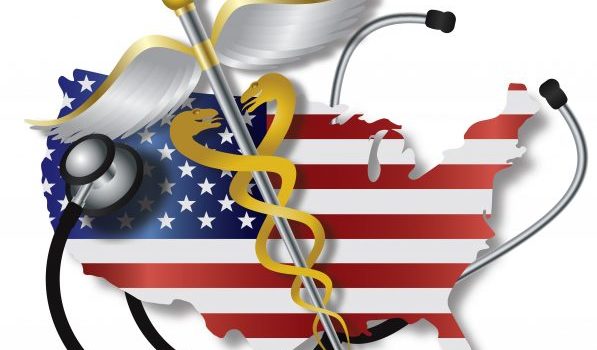Physicians and nurses were charged along with business owners after the Department of Justice moved in on scores of clinics that were allegedly involved in fraudulently collecting fees from Medicare and Medicaid. The DOJ says more than 300 people were charged in healthcare fraud schemes involving $900 million in false billings. Sixty suspects were allegedly linked to schemes involving Medicare Part D, which is the fastest-growing component of Medicare, overall. According to court documents, the …
Read More








